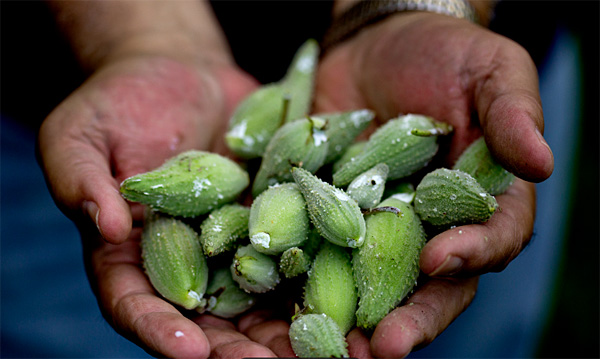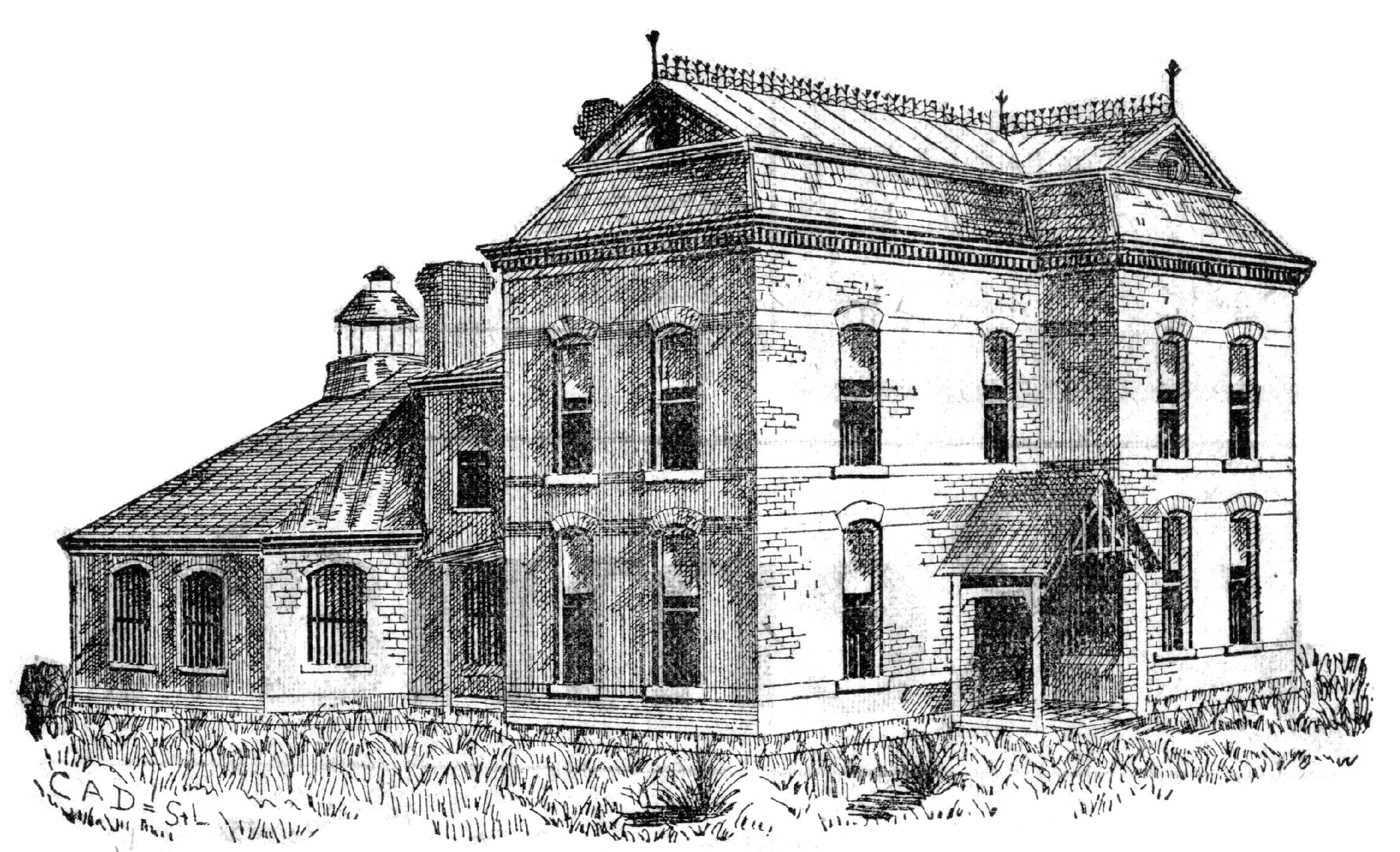In late 1944, some school children had a hand in fighting during World War II, to some degree, by gathering milkweed pods. Early organization and preliminary planning was done in order to organize a contest to see who could gather the most pods. The contest would begin as soon as the pods were ripe.
The county goal was 25,000 bushels of pods or a bag per farm. The county slogan was enough pods to make a life saver jacket for every Daviess County boy or girl in the armed forces.
The prize per bag was 20 cents. At each receiving station the boy or girl who brought in the largest number of bags to that station would receive $3 and the boy or girl bringing in the second largest number of bags would receive $2.

By early August, it was time to start the drive as the seeds were brown and some were bursting open, which meant the floss would be lost if they were not picked immediately. Pods were not to be delivered until they were thoroughly cured and then the dry pods were to be delivered to the same place where the sacks were secured. Still, the smooth pods — sometimes called the wild sweet potato — weren’t ripe at the early date, but ripe enough they needed to be watched carefully.
In addition to the prize money announced, the Daviess County Chapter of American War Dads contributed another $20 as prize money. The money was to be merited out as $10 for either the rural or town school with the most bags, $5 for the second most; and $5 for the third most. The prizes were based on enrollment.
By late October, the climbing milkweed pods were ready to harvest and were plentiful in the corn fields in the river bottoms. The county quota of this type of pod was 2,500 bags.
When the count was in, the boys and girls of Daviess County topped the drive by doubling the county average in the State of Missouri. Daviess County youth harvested 1,419 bags. The total for the entire sate was 75,000 bags. Some of the places the children looked for milkweed were along the highways, railroad right of ways, in ditches, cornfields, etc. The collections of the boys and girls in the county meant 700 life jackets could be made from the floss which could mean saving the lives of 700 service men.
A Gallatin student won the $5 prize for the largest number of bags collected, which was 86 sacks. A Winston girl won the $5 prize for collecting the most pods, being 60 sacks.
— researched, written and presented by Wilbur Bush, Gallatin, MO

